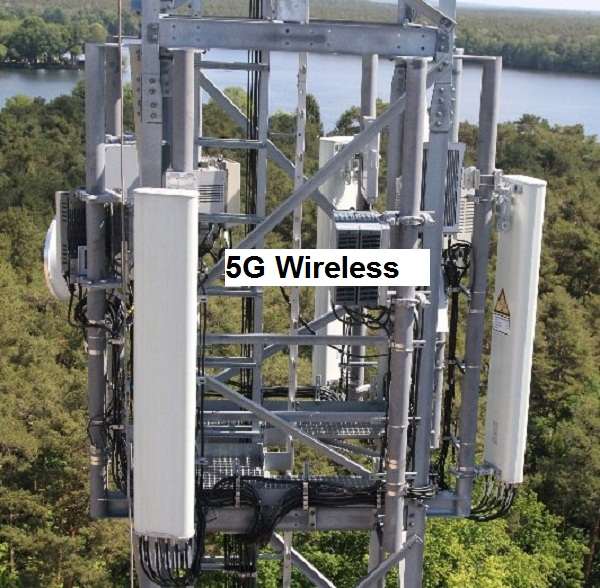Nigeria has made some significant success in the drive towards enthroning the national digital economy for the country.
This was disclosed by the Executive Vice Chairman and Chief Executive Officer (EVC/CEO) of the Nigerian Communications Commission (NCC), Prof. Umar Garba Danbatta, in his keynote address at the 2022 Nigeria DigitalSENSE Forum series on ‘5G: Enthroning Internet Governance for Digital Economy’ held in Lagos.
Buttressing his position, the EVC, who was represented by a Deputy Director and Head of Spectrum Database Management at NCC, Abraham Oshadami, while dwelling specifically on “5G: Enthronement in Nigeria’s Telecom Sector” outlined some 11 points to drive home his assertion.
Some of these steps, he said, include the creation of a full-fledged department of Digital Economy in NCC with a mandate amongst others, to ensure that the programmes and targets set in the NNBP 2020-2025 and NDEPS 2020 – 2030 are rigorously pursued, tracked, and attained; INFRACO companies have been licensed to deploy fibre on an open access basis in six geo-political zones of the country and Lagos State. Approval to commence rollout was given in April 2021.
In addition, he said, NCC had successfully licensed two lots of 100 MHz bandwidth in the 3.5 GHz Spectrum band for 5G deployment in December 2021, just as they set up and expanded the Internet Exchange Point capacity of 930 MB/s for Abuja to Lagos Route, 620 MB/s for Abuja to Kano Route, 310 MB/s for Lagos to Port Harcourt route, bolstering landed total offshore broadband capacity of 50.74 TB comprising 40TB Submarine and 10.74 TB of Satellite and the figures are already set for increase.
Equally, he said, NCC followed up on the global industry trends on 5G spectrums such as the 26 GHz, 38 GHz and 42 GHz bands harmonized in World Radio Conference 2019 (WRC-19), and has updated the National Frequency Allocation Table (NFAT) to reflect the outcome of the WRC-19 through opening up the 60 GHz V-band; Opened up the 70/80GHz E-band for both point-to-point and point-to-multi-points deployments; and developed and published the Spectrum Trading Guidelines amongst other benefits.
Equally speaking, the Director-General (DG), National Broadcasting Commission (NBC), Mallam Balarabe Musa said that in the past few days, digital technology usage around the world have improved including raising the bar on credibility of election results across the continent.
Balarabe, who was represented by a delegation led by the Lagos Zonal Director, Dr. Chibuike Ogwumike, charged stakeholders including various regulatory organs, industries, network operators, service-technology providers, public and private partnership organisations to synergise and be in continued dialogue to address the challenges that may face the widespread 5G deployment worldwide.
Source: Guardian










